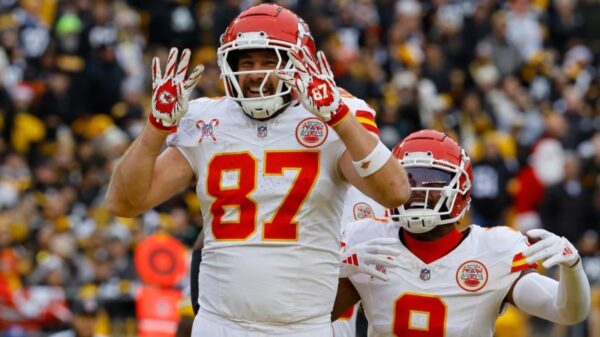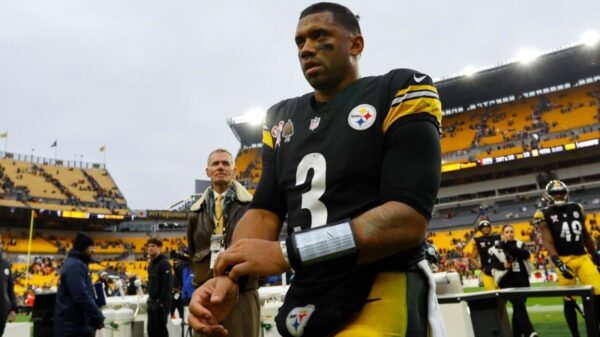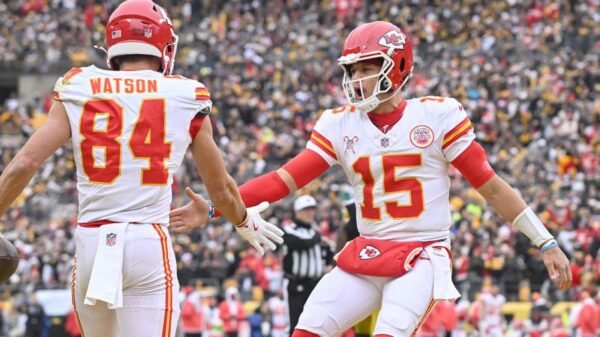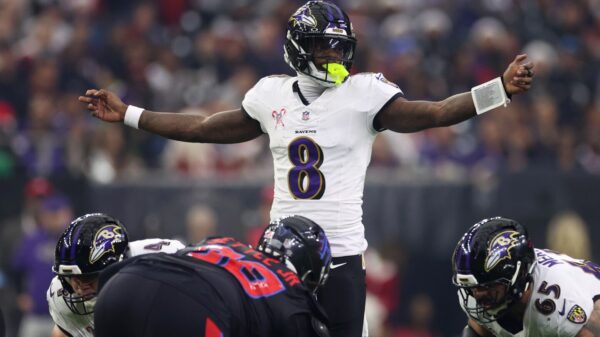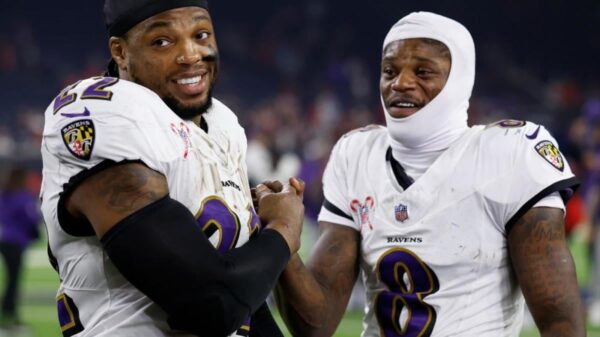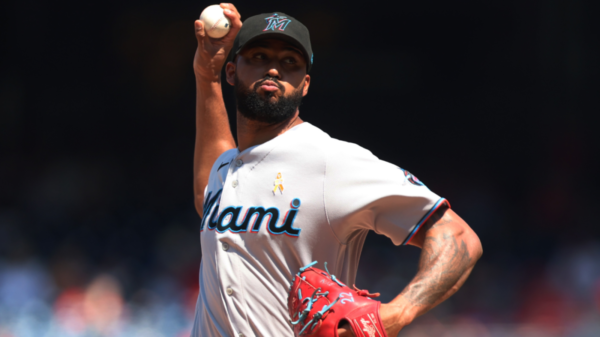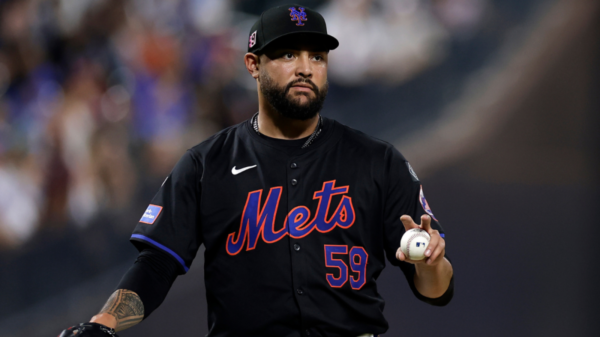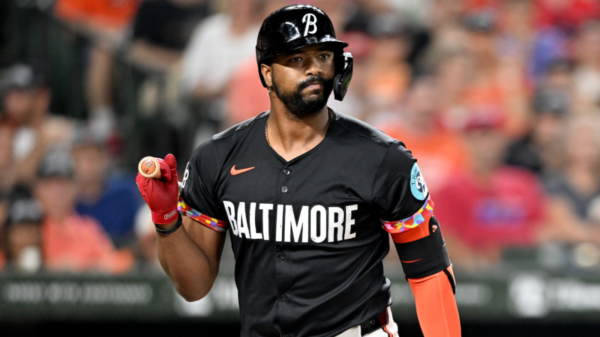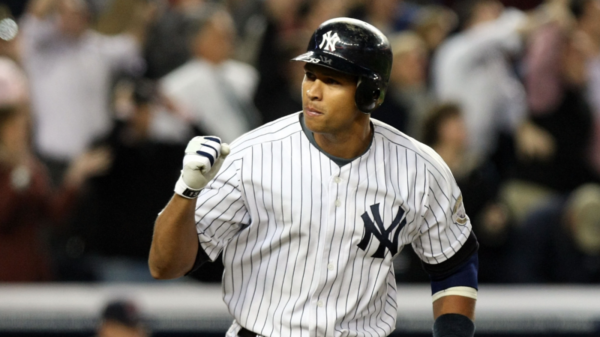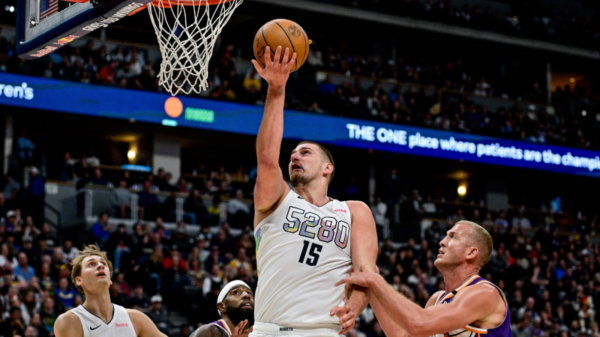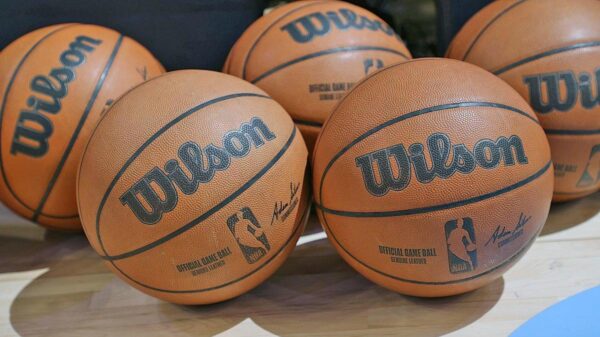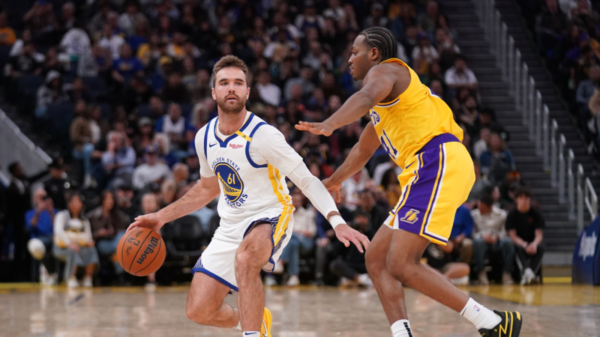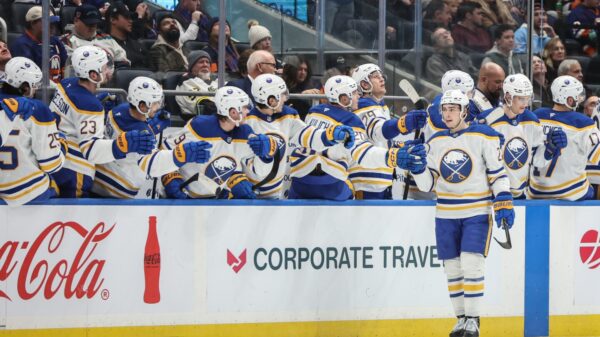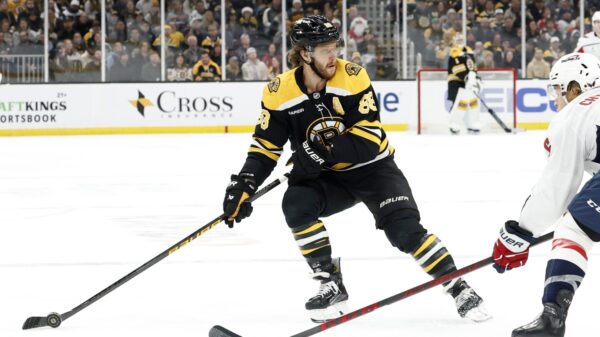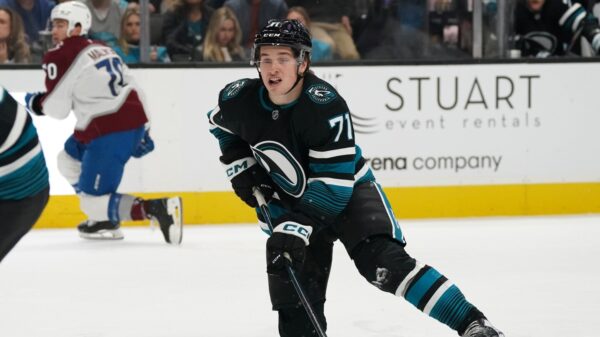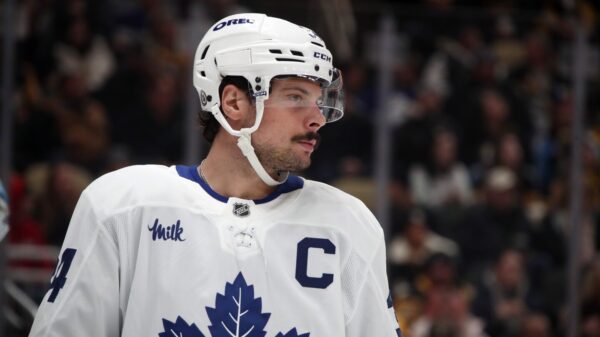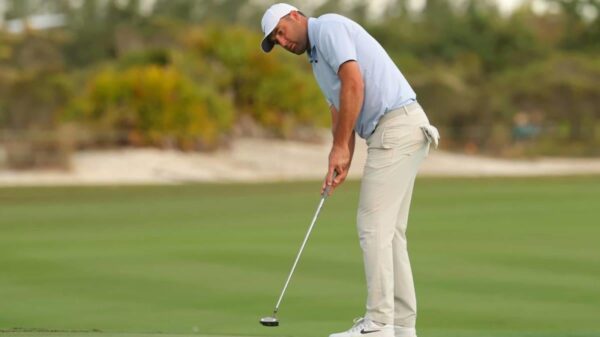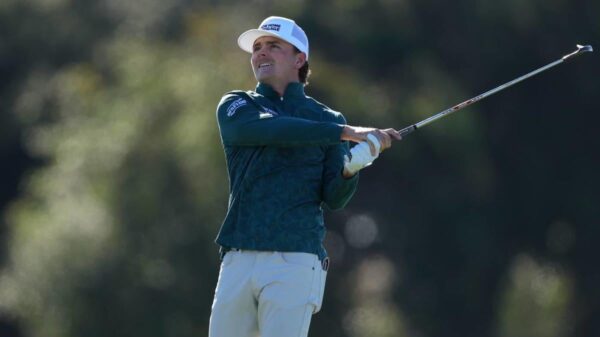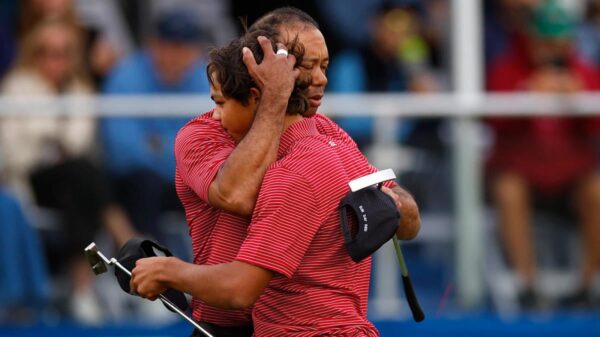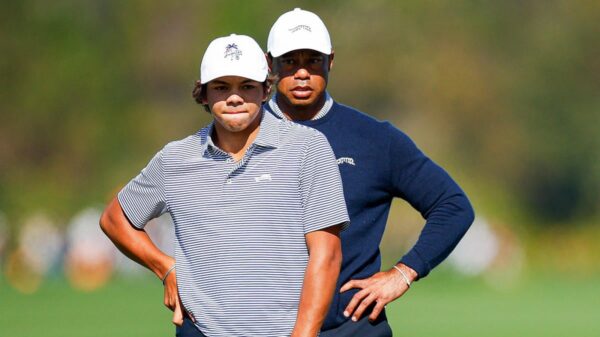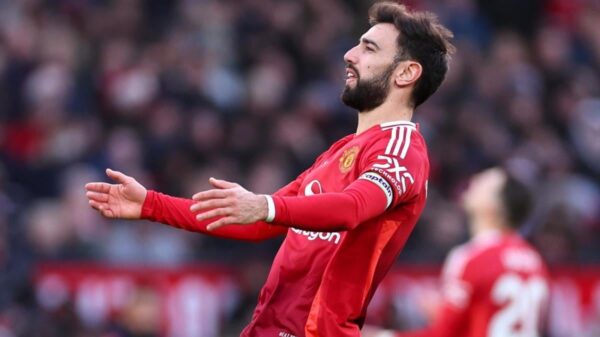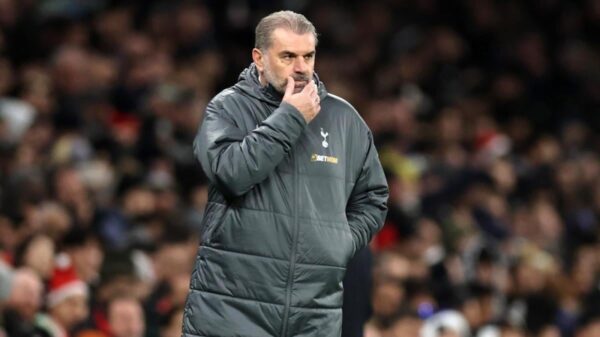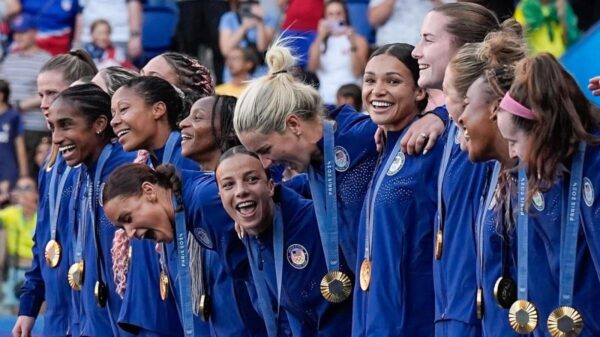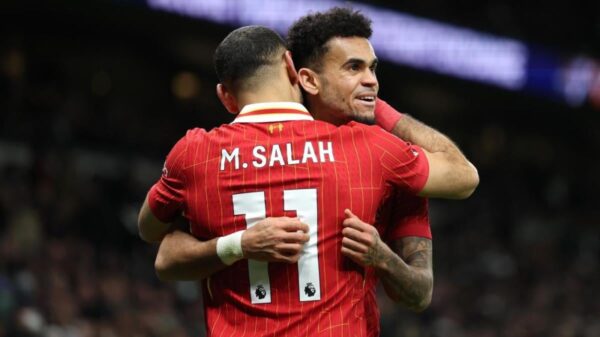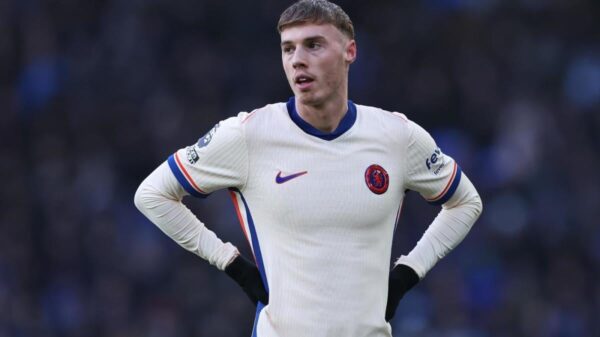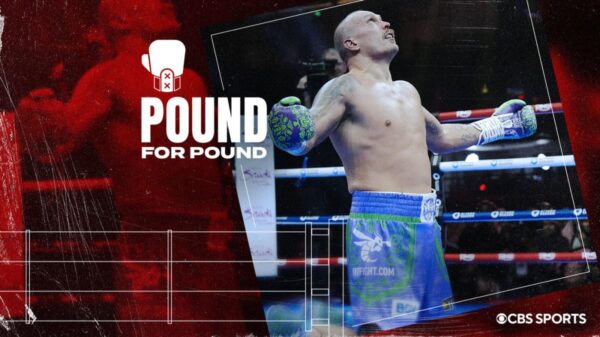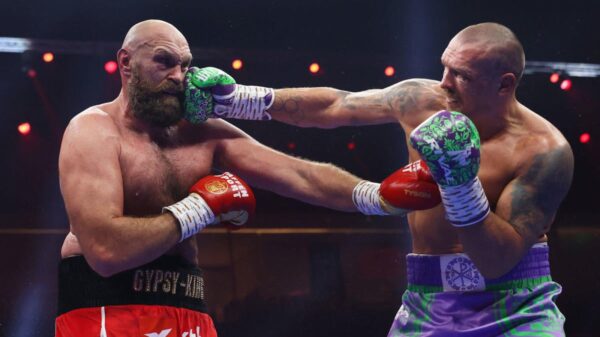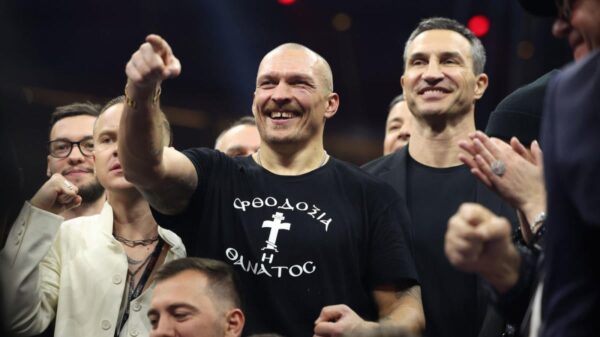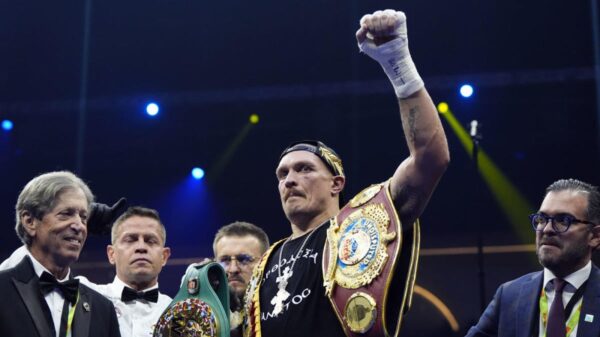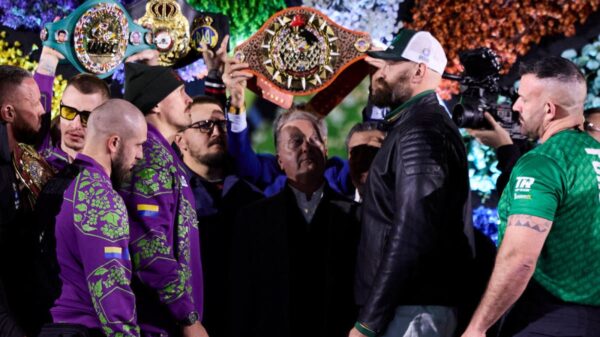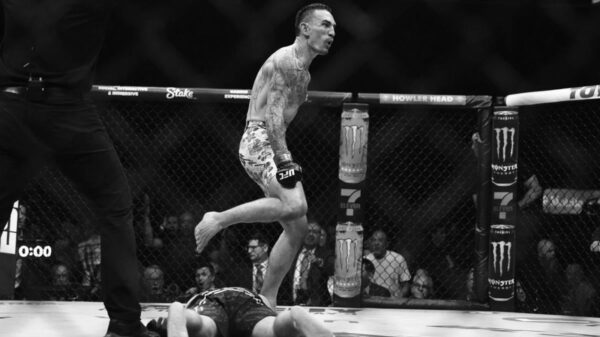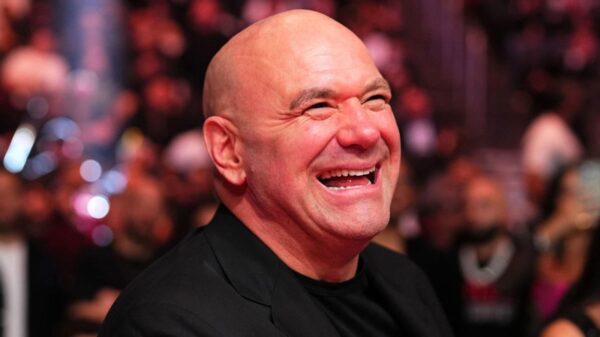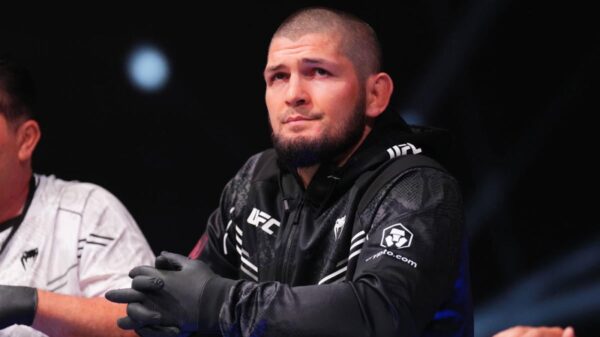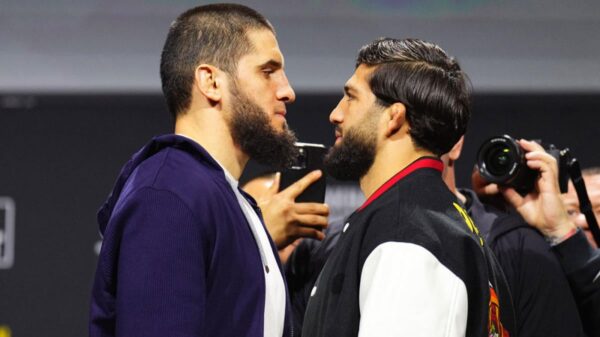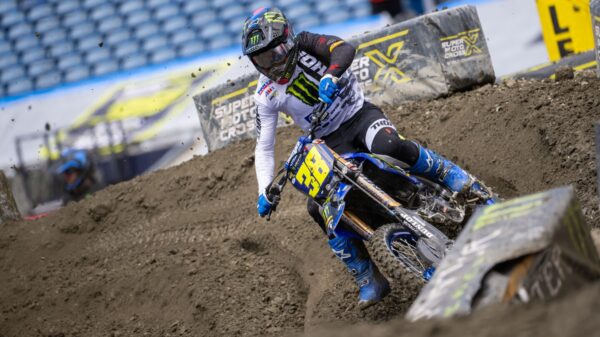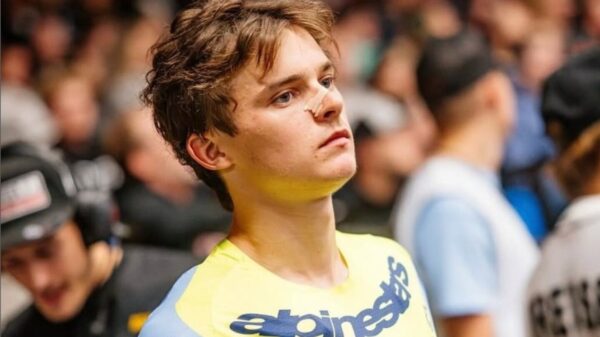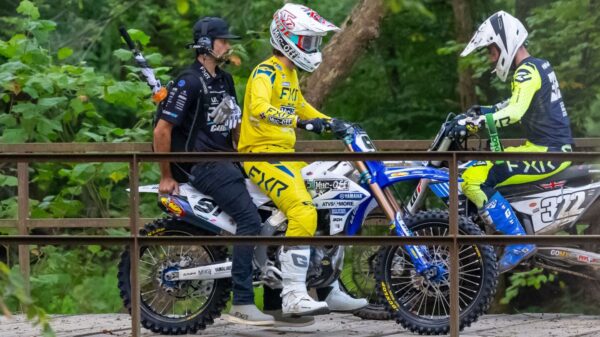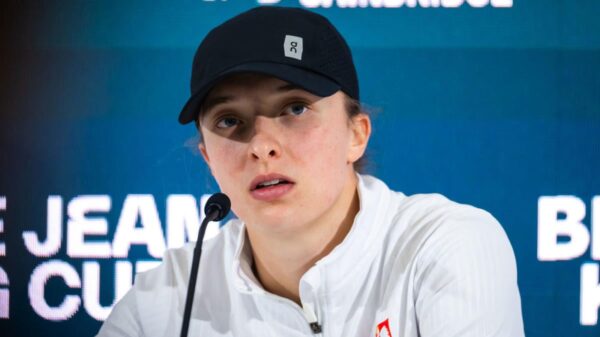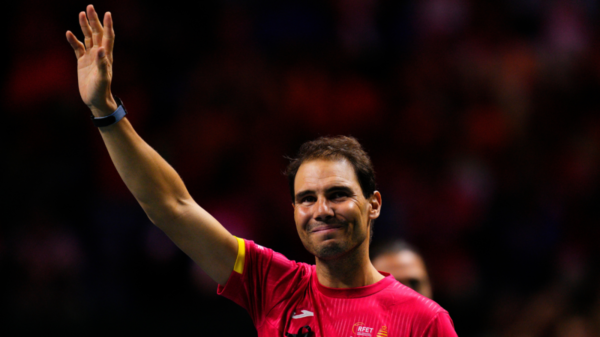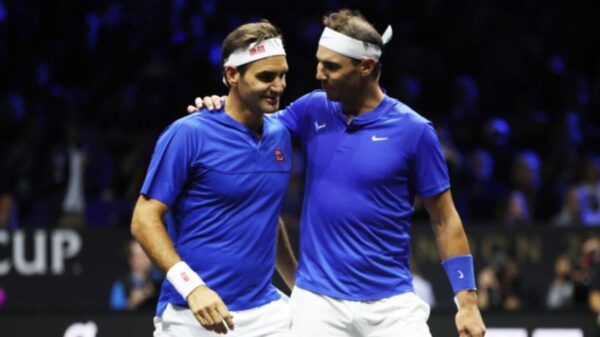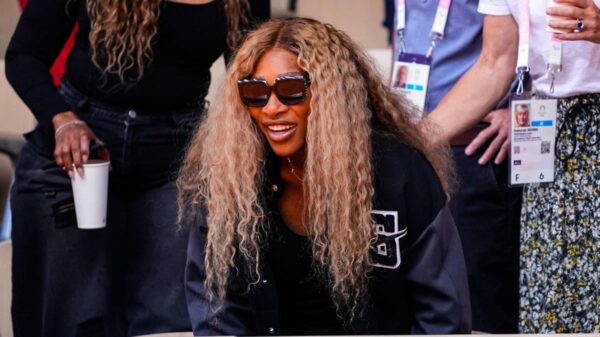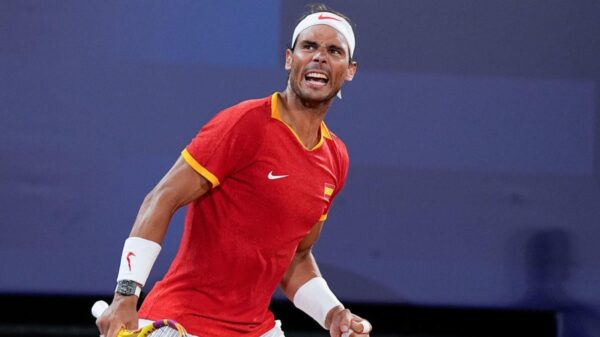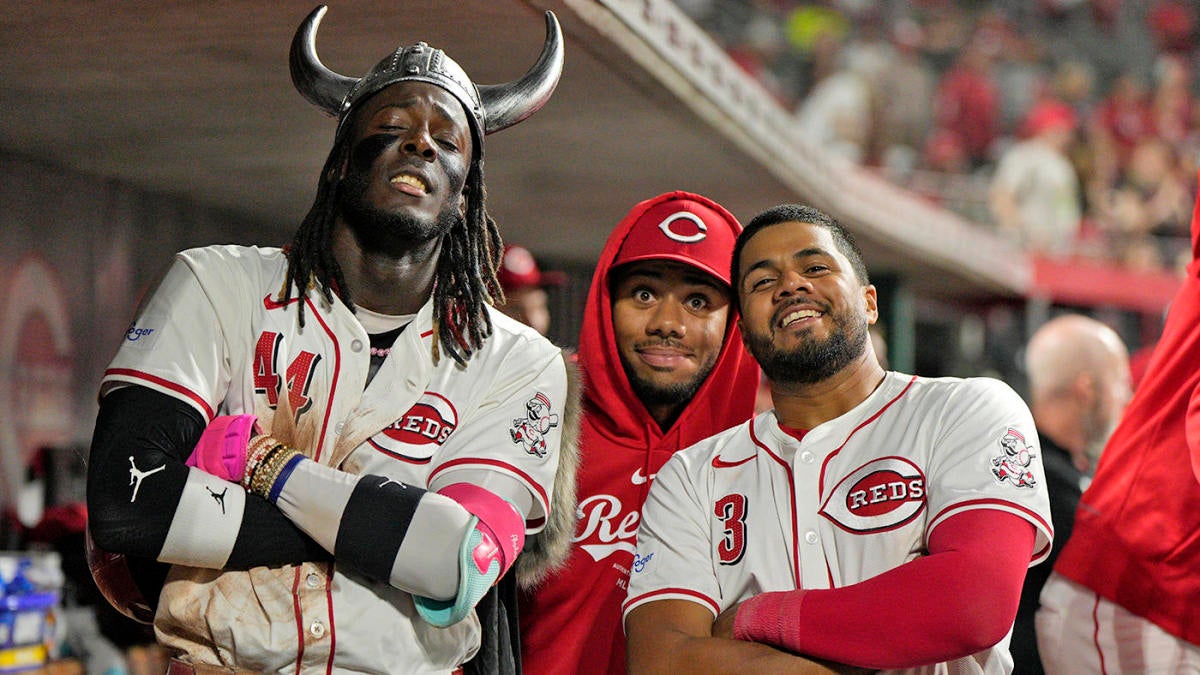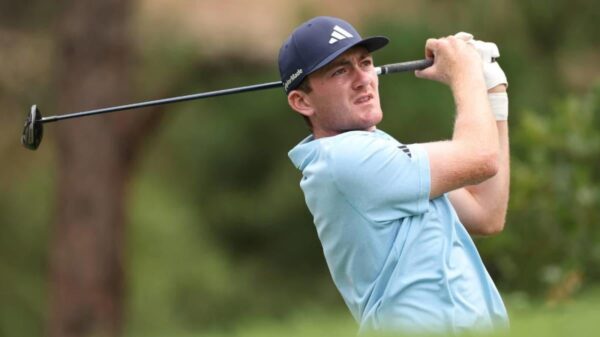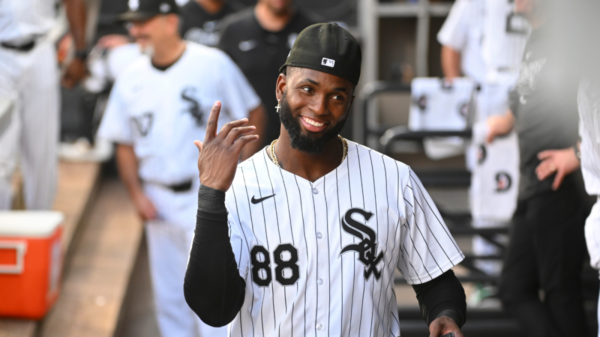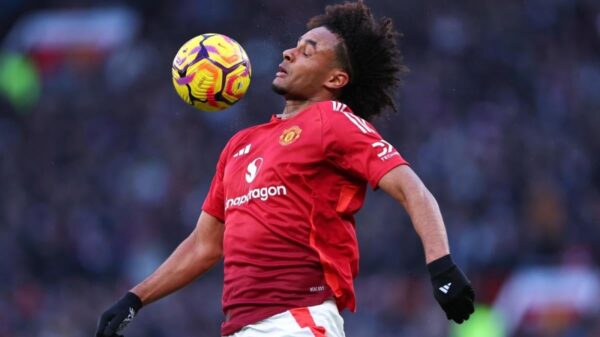In a surprise development, the Cincinnati Reds have hired Terry Francona as their new manager, giving him a three-year deal with a club option for a fourth.
Francona, a two-time World Series champion, will become the second skipper in recent years to return from a short-lived retirement, joining Texas Rangers manager Bruce Bochy. Francona had only walked away from the Cleveland Guardians at the end of the 2023 season, citing personal health concerns.
“I need to go home and get healthy and see what I miss about the game,” Francona said at the time. “I don’t foresee managing again.”
The Reds, who dismissed former manager David Bell at season’s end, can only hope to trace the arc the Guardians sketched after installing Francona ahead of the 2013 season.
Remember, Cleveland was fresh off a 94-loss effort that extended their playoff drought to five years in a row when they turned to Francona. He subsequently guided them to a 92-win showing and a playoff berth. Francona’s charmed touch would remain in place for most of his 11 seasons at the helm in Cleveland, and he finished his Guardians career having won 54.9% of his regular season games and the 2016 American League pennant.
Though the Reds haven’t made the playoffs during a full season since 2013 (they did make the pandemic postseason in 2020), they won’t require the same heaping of magic. The Reds have won at least 47% of their games in four of the last five years, including their 77-85 mark this season, finishing fourth in the NL Central. Comparatively, that should make Francona’s turnaround job a bit easier.
So, just what has to go right for Francona to lead the Reds to the playoffs? Here’s an early look at three factors worth monitoring.
1. Better luck
Throwing around words like “luck” can get you in trouble in baseball analysis. If you’re not careful, it becomes a crutch to explain away anything that lacks an obvious cause. In Cincinnati’s case, we’re using the term “luck” in multiple respects with confidence that surely some of it will balance out over the course of the next 12 months.
For starters, the 2024 Reds probably deserved a better fate than their record indicates. They finished the year with a plus-5 run differential that calculates to a .500 Pythagorean winning percentage. For context, that was 52 runs better than the St. Louis Cardinals, who finished more than a handful of games ahead of the Reds in the standings. There are some obvious flaws that can cause a team to underperform its run differential in legitimate ways — say, a leaky bullpen — but the Reds lacked those.
Additionally, the Reds seem certain to have better availability next season — something that Francona is sure to benefit from without having to do … well, anything.
Baseball Prospectus’ data suggests they had players miss more than 1,500 games on account of injury. The Los Angeles Dodgers, the most injury-ridden team in the majors, checked in at just over 1,800. Breakout outfielder TJ Friedl, a recipient of down-ballot MVP votes in 2023, was limited to 85 games because of various ailments; second baseman Matt McLain missed the entire year; and so on and so forth.
That’s without including the suspension that befell infielder Noelvi Marté. He was barred for 80 games after testing positive for a performance-enhancing drug. He was putrid upon his return, with the layoff presumably playing a role in his poor showing. Given his track record and pedigree, it’s fair to assume that better days await. At a minimum, Marté should be available to Francona, which is more than he was to Bell.
Speaking of ….
2. Internal improvements
Marté wasn’t the only young Reds player to disappoint in 2024.
Fellow infielder Christian Encarnacion-Strand was terrible in 29 games before suffering a season-ending injury; outfielder Will Benson failed to maintain his momentum from his breakout year; lefty Nick Lodolo was on the wrong side of a league-average ERA; and so on. Some of the Reds’ best young players, like right-hander Hunter Greene and shortstop Elly De La Cruz, took steps forward this year. Many others did not, and that’s a problem for an organization that has reliably ranked in the bottom half of the majors in Opening Day payroll.
It’s now on Francona to help get the most from his young players — the way he did in Cleveland, where he oversaw the rise of Francisco Lindor and José Ramírez, among others.
Francona needs to get this right so that the Reds can reach the same heights that the Guardians did. He’ll surely have plenty of opportunities to do so over the coming years. Right-hander Rhett Lowder debuted late in the season and should be a fixture in Cincinnati’s rotation. Fellow righty Chase Petty doesn’t seem too far off, either, and the Reds could well fast-track their first-round pick Chase Burns, making him an obvious candidate to debut in the summer after he gains some professional experience.
3. External opportunism
The main reason teams love employing young players is they’re cheaper than their veteran counterparts. Clubs like the Reds, then, have added incentive to develop well — having a good, cheap core allows them to spend the savings on complementary pieces.
As it stands, the Reds will have, at most, a handful of players making more than $5 million next season. In turn, the Reds should have enough financial flexibility to add a few veterans, be it through free agency or trades — sort of like how the Guardians went out and signed Nick Swisher and Michael Bourn after hiring Francona in 2012-13. What, precisely, that entails for these Reds is to be determined over the course of the next few months. What it ought to mean is that the Reds will be able to add reinforcements — perhaps in the outfield, perhaps at first base, and perhaps to the pitching staff.
No one is expecting the Reds to become the Midwest Padres. Some opportunistic additions could, nonetheless, have them entering next spring with eyes on becoming the next Kansas City Royals or Detroit Tigers. Whether or not that vision bears fruit … well, check back next spring. For now, though, they at least have a manager who has been in these waters before and knows how to get them to where they want to go.
Read the full article here

